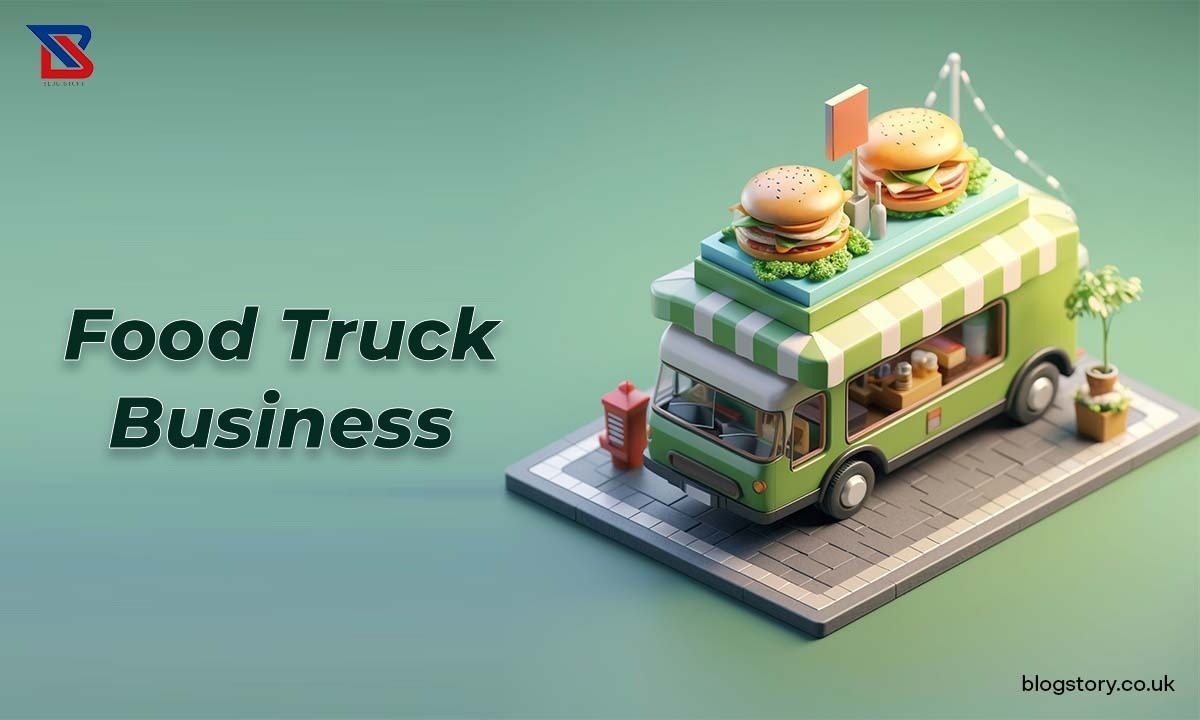
How You Can Start Your Own Food Truck Business
If you are looking for a winning business model, operating a food truck is well worth considering. Especially in the UK, where the sector is currently enjoying growth, which is expected to continue.
As with all business models, the first step is working out whether it is viable or not.
Is a Food Truck a Viable Business Model?
According to wageindicator.co.uk, a typical UK-based food truck makes between £1,159 to £1,990 per month.
In bigger cities, it is not unusual for a food truck to turnover £100,000 per year.
Now that you know that it is viable, take a look at the other steps you will need to take to get yourself up and running.
Doing so will help you to work out whether it is something you would like to try.
Define Your Concept
Identify what type of food you want to sell, who to, and what unique selling proposition (USP) you offer.
In most places, someone will already be running a basic burger van, which means you will need to offer something a little different.
For example, burgers that are made from less typical meats may work.
Make Sure There is Enough Demand
Now, get out there and research your market.
Physically spend time watching how many customers other food trucks have.
Take note of the demographics of people using them, what they buy, and roughly how much they spend.
This will enable you to work out roughly how much you will have to sell and whether that is likely to happen in the location you have chosen.
Understand The Cost of Running Your Business
You need to work out what your overheads will be. Include the following costs on your list:
- Licenses, inspections, and certification
- Training costs
- Insurance policies – you may need more than one type of policy to be legal. For example, public liability insurance, and employee or accident-at-work coverage.
- Truck hire or purchase
- Truck running costs such as fuel, servicing, MOT, food hygiene and gas safety inspections, tires, and the cost of running your digital signage. Most food truck owners now use digital menus, which enable them to quickly change what they sell and share promotions with their customers.
- Plot fees. If you have not chosen a specific location yet, use an estimated fee until you find a plot.
- Staffing costs.
- Storage fees for the vehicle or stock.
- The cost of equipment, this is especially important if you lease your grill or oven separately.
- The cost of ingredients and packaging includes a 10% margin for spoilage and waste.
The above is not a comprehensive list, what overheads you will have depends on what type of food truck you are planning to run.
To ensure you have not missed anything, sit down and in your mind walk through a typical day´s work.
Then, think about the weekly, monthly, and annual tasks that need to be done.
Doing this will help you to identify the small costs that are often missed, e.g., the cost of the electricity or gas to run the fridge.
It also means that you will not forget to include the costs that crop up, like changing the tires or things like annual inspection fees.
Find a Mentor If You Can
If you know someone who already runs a food truck, speak to them too.
This will make it much easier for you to avoid forgetting to factor in an overhead or logistical challenge you will need to overcome.
People, even those who may at times be your competitors, will be far more forthcoming and helpful than you think.
Understand The legal requirements
You need your business to be legal. Register yourself with Companies House and HMRC.
In the UK, all food businesses must register with their local authority.
You and potentially other staff will need to complete a food safety and hygiene certification test.
It is also vital that you understand and comply with the Food Standards Agency regulations.
As well as the Health and Safety at work and employee regulations.
Familiarise yourself with all of the above and obtain the necessary certificates and permits to run legally.
Don´t forget to put all of the right insurance policies in place.
Purchase or Lease The Necessary Equipment
If you are just starting out, leasing a food truck rather than buying one makes a lot of sense.
It enables you to try out your business model. Plus, you will not have all of the worry of equipping a truck, which can be expensive.
A lack of experience can lead to you failing to buy something important or worse spending a lot of money on something you don´t need.
Find Suppliers
You will need to source the ingredients, packaging, cleaning materials, and other items your business needs.
Most wholesalers will send you samples of their products.
Many will also allow startups to initially place small orders, so take advantage of this.
Test out Recipes on Friends and Families
Before you launch your food truck properly try everything out. Practice cooking each item at least once.
Write down the process and anything that goes wrong. Tweak things until you get each item right and update your process.
When you grow, you will want to hire staff. At that stage, having proper written processes in place will make it far, far easier to train them. It will also help you to work more efficiently and reduce wastage.
Right, that said, back to trying out your food truck.
Once you are happy you can cook each item proficiently, try cooking things together.
This will be a very different experience for you, so when you do this invite friends and family for a free feast.
Having this dry run will pay huge dividends.
Plus, if you have set all of your socials and Google profiles up already they can legitimately leave those all-important first few reviews.
Don´t be Daunted
Starting a food truck business in the UK requires dedication, compliance with regulations, and a well-thought-out plan.
Do your research and understand the specific regulations in your local area. Those entrepreneurs that do that greatly increase their chances of success.
You May Like Also:













8 thoughts on “How You Can Start Your Own Food Truck Business”